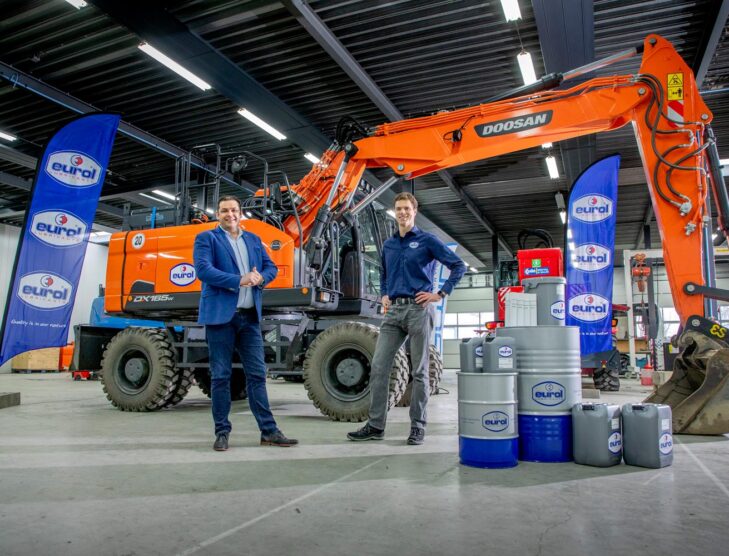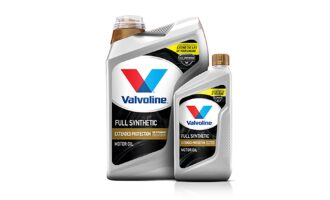
Eurol developing lubes for heavy duty electrical machinery
Eurol is developing a lube product line specifically intended for heavy electrical machinery such as bulldozers, excavators, cranes, and shovels. The new Eurol ‘Specialty E-line’ guarantees durability, sustainability and efficiency, the company says. Eurol says it is seeing an enormous growth in the use of heavy duty electrical machinery as a solution toward reducing CO2 and nitrogen emissions.
The new Eurol Specialty E-line is composed of hydraulic fluids, lubricating greases, and coolants. Sustainability and efficiency were key in developing the E-line, the company says. The lubricants should last longer, be more economical to use, and ultimately result in a longer life for the machine and its components.
“We want to generate as little friction as possible in order to maximise protection and maintain lubrication. We can achieve this by using our own SYNGIS Technology. The result will maximise lubrication using sustainable raw materials that are free from microplastics and PFAS, but therein also lies the challenge,” says Dirk van der Veen, business development manager at Eurol Specialty Lubricants.
After the first stage of lab tests and test benches, the UK-based independent lubricant manufacturer conducted its first real-world test of the Eurol E-line products on a new electric Doosan DX165W made by its contractor company Ploegam in cooperation with Urban Mobility Systems (UMS). UMS specializes in electric engines as well as converting heavy duty machinery to electric. “UMS has a lot of knowledge in electric engines, they are also a leader in drive technologies,” says Van der Veen.
Compared to conventional equipment, lubricating heavy duty electrical machinery causes completely different issues, says Van der Veen. ”Some components in electrical machines need other products in order to improve efficiency. An electric engine operates more consistently than a diesel engine, for example. Starting an engine combines enormous force with high torque. The Eurol Specialty E-line must be resistant to these circumstances.” Electric engines also generate less heat than their diesel equivalent. This means that hydraulic fluid will stay cooler in an electric machine. These are the types of challenges we perform practical tests for in order to create top-quality products, he says.
Van der Veen says the company’s goal is to develop a hydraulic fluid that is biodegradable. This feature could be attractive for contractors working in protected habitat because there would be no immediate cause for concern if the hydraulic hose bursts. At the same time, the CO2 balance must be as low as possible throughout the product life cycle: from raw materials, packaging, production, distribution and use by customers, to end-of-life.
“We’re at an advanced stage of development right now, and the market launch of the E-line is planned for later this year,’ says van der Veen.









